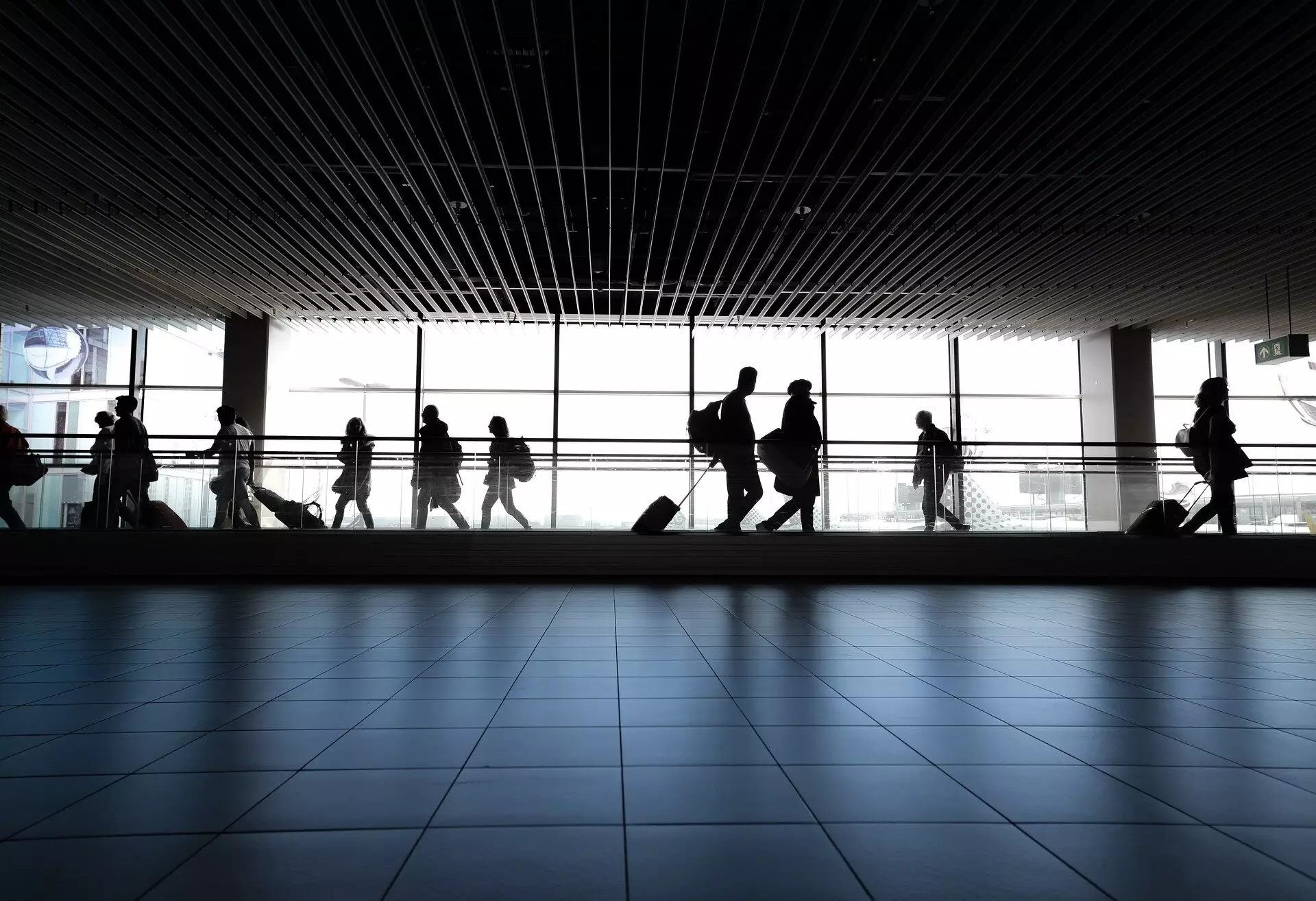Manchester Airport, one of the busiest airports in Britain, experienced a major power cut that led to the cancellation of over 100 flights on Sunday. This disruption affected thousands of passengers, with approximately 20 percent of all incoming and outgoing flights being cancelled. The airport spokesperson mentioned that further disruption was expected, causing chaos and inconvenience for travelers.
Aviation analytics firm Cirium reported that numerous departures and inbound flights were cancelled, with easyJet being hit the hardest. The cancellations not only affected the airlines but also resulted in passengers facing long queues for security checks and boarding restrictions. Some flights were even diverted to other airports due to the power cut, further exacerbating the situation.
The power cut at Manchester Airport resulted in significant issues with airport security and baggage systems. This caused delays in loading bags onto planes, leading to operational challenges for airlines like Jet2. Passengers were instructed to only board flights with cabin bags, adding to the overall confusion and frustration at the airport.
Passengers took to social media to express their discontent, describing the situation as chaotic and stressful. Some travelers reported waiting for their bags past midnight, while others found themselves stranded on planes. This incident adds to a series of technical and strike disruptions that have plagued the UK travel industry in recent years, impacting both rail and air passengers.
Resumption of Flights and Normal Operations
Flights at Manchester Airport resumed in the afternoon following the power cut, with the airport managing director, Chris Woodroofe, expressing optimism about returning to normal operations by the next day. However, the repercussions of the disruption were felt throughout the travel industry, highlighting the vulnerability of infrastructure and systems in the face of unexpected challenges.
The major power cut at Manchester Airport underscores the importance of robust contingency plans and the need for proactive measures to prevent such incidents in the future. The impact of such disruptions extends beyond the airport itself, affecting airlines, passengers, and the overall travel industry. As travelers navigate through these challenges, the resilience and adaptability of the industry will be tested, emphasizing the importance of preparedness and strategic response to unforeseen events.


Leave a Reply